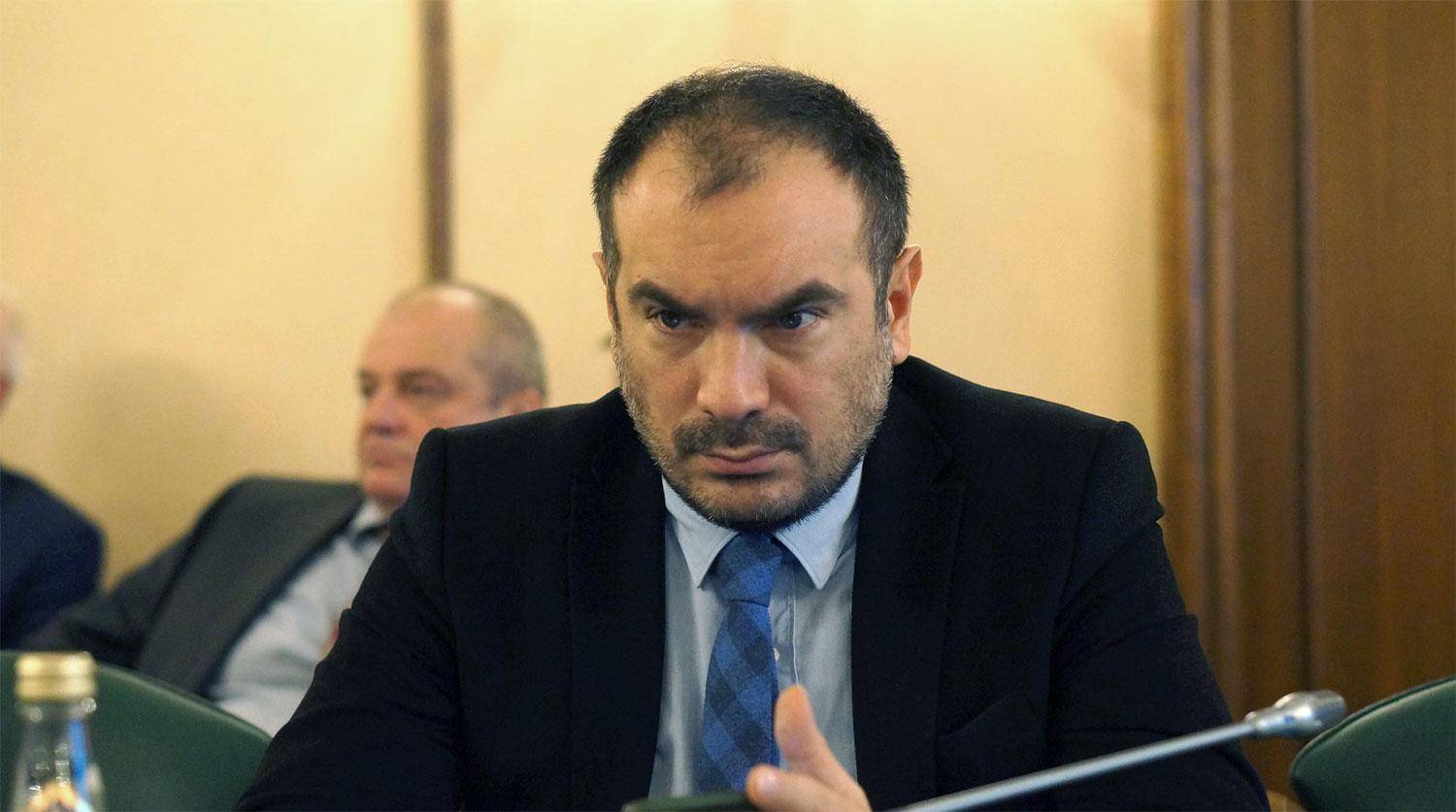Serbia sets its sights on BRICS over EU membership Expert opinions
BRICS is emerging as a real alternative to the European Union for Serbia, according to Serbian Deputy Prime Minister Aleksandar Vulin in a recent interview with the German publication Berliner Zeitung. He highlighted that joining BRICS would offer a more straightforward option compared to the lengthy and complex process of EU integration.
"It would be irresponsible not to explore all possibilities, including membership in BRICS. There is no doubt that BRICS has become a real alternative to the EU," the Serbian Deputy Prime Minister stressed.
If BRICS has become attractive to many other states, Serbia should also pay attention to it, Vulin said. According to him, if BRICS attracts countries like the UAE, Saudi Arabia, and Türkiye, then Serbia sees no reason why it should be any different for them.
Belgrade will undoubtedly send a representative to the BRICS summit, which will take place in Kazan, he stated.
In the interview, Vulin also emphasized that Serbia believes in universal traditional values—God, nation, and family. "People around the world hold these beliefs," he concluded.
It was previously reported that invitations to participate in the BRICS summit in Kazan have been sent to 38 countries. The event will take place from October 22 to 24.
How should we assess the Serbian leadership's stated intention? How feasible is it, considering that the country is situated in the heart of the Balkans, surrounded on all sides by nations either already in the EU and NATO or aspiring to join? And why does Belgrade see more potential in BRICS than in the EU?
Prominent experts on the region shared their insights with Caliber.Az.

Russian political scientist and founder of the "Balkanist" project Oleg Bondarenko noted that Serbia's intention to join BRICS is driven more by political motives than economic ones.
"We don't currently see significant economic outcomes from BRICS activities. Most trade and economic relations among its members and participants are established on a bilateral basis. BRICS serves more as a political framework, positioning itself as an alternative to other Western, Atlantic, trade, economic, and political alliances. Therefore, when considering Serbia's potential membership in BRICS, it's important to understand that this is essentially a discussion about an alternative to joining the EU," the expert explained.
According to the political scientist, Serbia is not welcomed in the European Union, and it is unlikely to be accepted there.
"Serbia does not recognize the independence of Kosovo, will not impose sanctions against Moscow, and will not renounce the Republic of Srpska. Even if it did all of this, it still wouldn't be accepted into the EU. Therefore, people need an alternative. That alternative is BRICS, but it's primarily a politically declarative one. Of course, one can hope that in the future, BRICS participants may develop their own currency or establish mechanisms for transactions in national currencies, but that belongs to a future category, and work needs to be done on it," Bondarenko noted.

Turkish political scientist, Doctor of Historical Sciences, and visiting researcher at the Institute of Asian and African Studies at Moscow State University, Mehmet Perinçek, stated that the Serbian Deputy Prime Minister is entirely correct.
"It can even be said that BRICS is not just an alternative, but the only viable option for this Balkan country. We know well the role that the Western countries have played in Serbia's fate; they even dismembered it. There is no future for Belgrade in the West. All that awaits is dismemberment and hostility. The West will not accept Serbia into the EU within its internationally recognized borders, which is why it cannot join.
On the other hand, joining the EU is also unbeneficial for Serbia, especially as the European Union is currently experiencing a significant economic crisis. I read Western press every day—Western European and American media—and even there, it's evident that the EU is facing serious economic issues, particularly in the UK, Germany, and France. The European economy is on the brink of collapse. So why join this system? In contrast, BRICS consists of countries that are demonstrating development.
One could even argue that the economic centre of the world is shifting from the West and the Atlantic to the Pacific region and Eurasia. The future of the global economy lies in Eurasia and BRICS. Therefore, from both economic and political perspectives, the EU has nothing to offer Serbia except further dismemberment and a decline in its economy. In contrast, BRICS has the potential to help this country overcome its economic and political challenges," Perinçek asserted.








